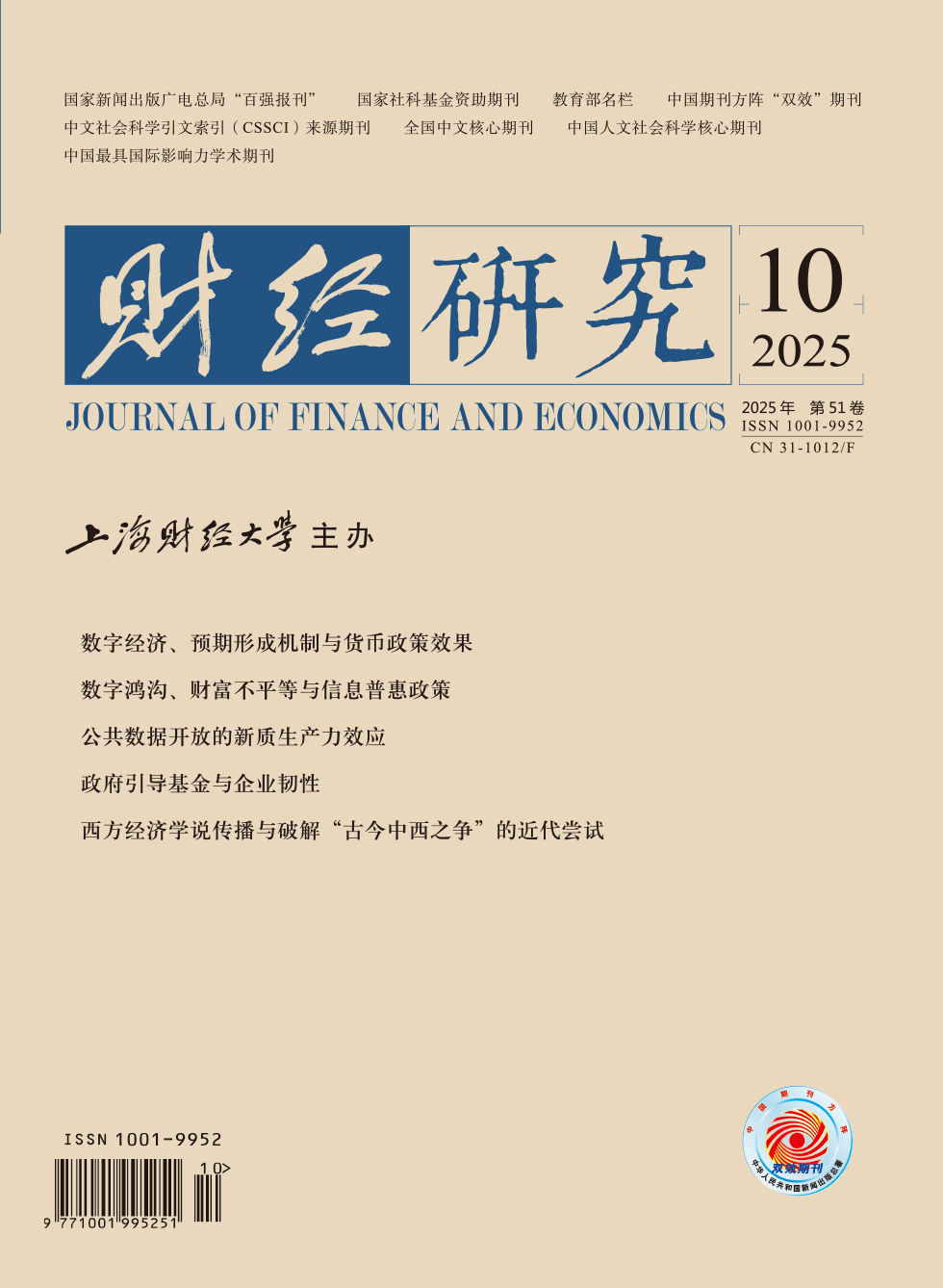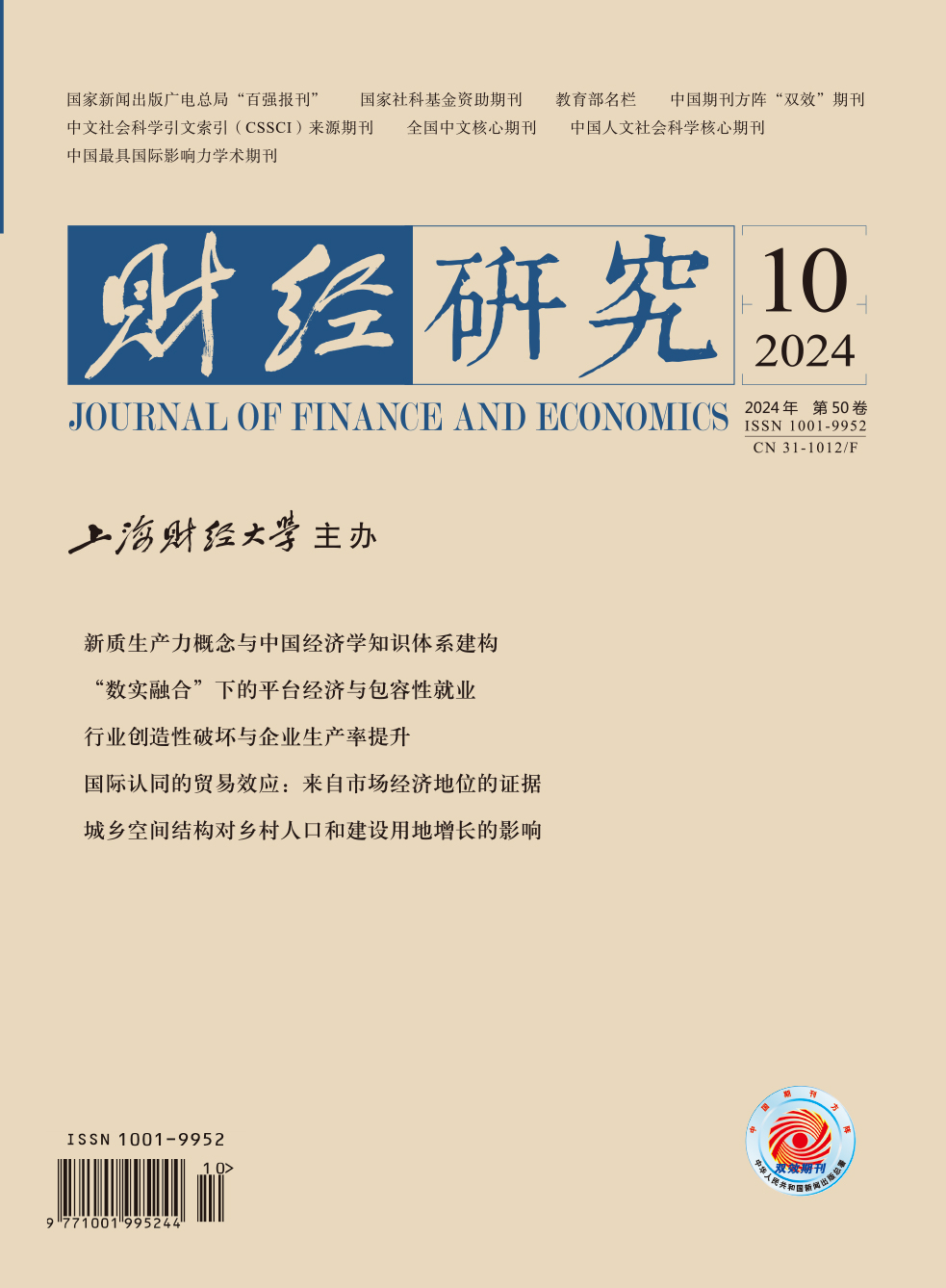Taking market economy status (MES) as an example, this paper uses China’s export data from 2002 to 2017 to study the trade effect of international recognition. Baseline estimation shows that China increases its exports to trading partners who have recognized China’s MES compared to those have not. Mechanism testing reveals that, on the one hand, MES could reduce the anti-dumping against China and China’s trade policy uncertainty, as well as mitigate the negative impact of anti-dumping and trade policy uncertainty; on the other hand, MES could improve the bilateral political relations between trading partners and China, and strengthen the positive role of bilateral political relations. Influence path analysis shows that MES promotes China’s exports along both extensive and intensive margin; and MES simultaneously increases China’s export quantity and export price, but has no significant impact on export quality. Effect analysis shows that the promotion effect of MES on China’s exports is stronger for homogeneous products and anti-dumping intensive products, and is spatially spillover.
The findings of this paper provide empirical evidence for a comprehensive understanding of the impact and significance of MES on China’s export trade, and also provide a reference for China to fight for international recognition. First, as a typical case of international recognition, MES can reduce the anti-dumping against China and China’s trade policy uncertainty, and improve the bilateral political relations between trading partners and China, thus promoting China’s export trade. Therefore, China needs to transfer the achievements of market economy construction in a timely manner and transform international recognition into real economic value. Second, MES has a limited effect on the quality of China’s export products. Therefore, for trading partners that have recognized China’s MES, it is necessary to further maintain the long-term bilateral cooperative relationship of trust and mutual benefit, regulate Chinese enterprises’ export and reduce their myopic and speculative behaviors, and encourage enterprises to carry out quality competition strategies, thus promoting the high-quality development of China’s trade. Third, MES is only one example of international recognition. In the face of increasingly fierce international competition, China should steadily expand the institutional opening up of rules, regulations, management, and standards, and strive to win new international recognition in high-level opening up.





 2696
2696  4261
4261

